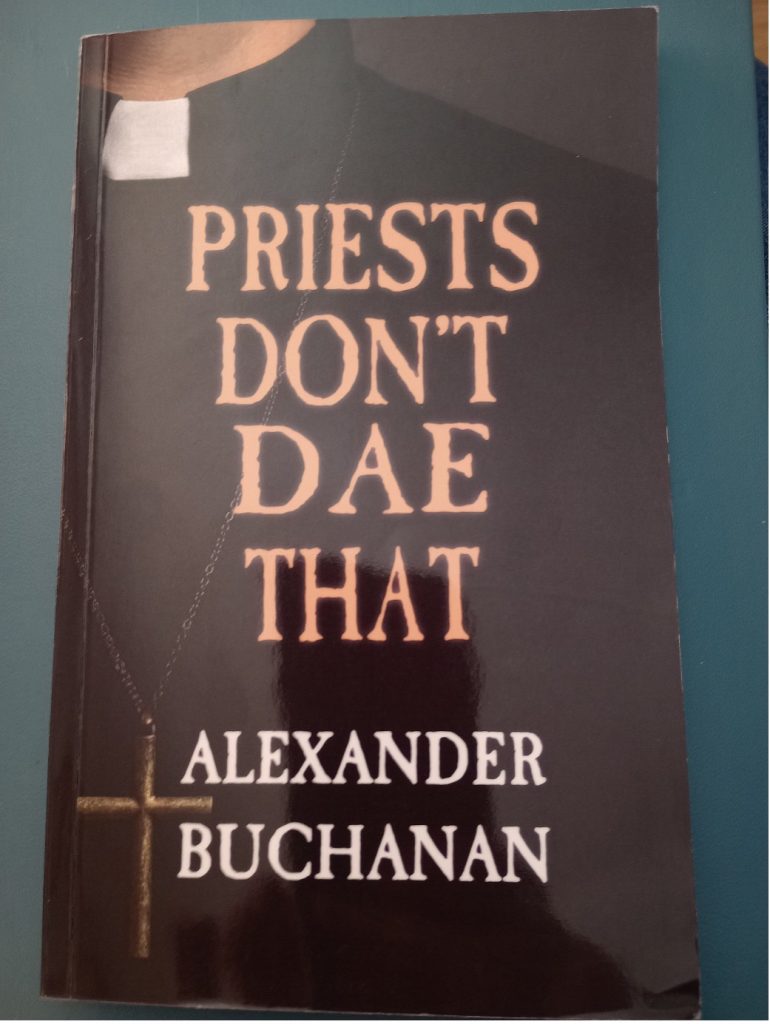Flora Henderson, Alliance Manager, explores how working together as an Alliance can strengthen the service we deliver.
Delivered by the In Care Survivors Alliance, Future Pathways was set up to offer something tangibly different to people who experienced childhood abuse or neglect in Scottish care settings. The aim was to directly reduce the inequalities that come from such experiences.
Our vision was for people to have fuller, healthier and more independent lives.
And that this could be achieved by focusing on what was most important to someone and by providing tailored support according to the personal outcomes or goals they wished to progress.
It is known that the impact of childhood abuse is individual and wide ranging. No two people were alike in their experiences, therefore a personal response was vital. Having consulted with people about what was important to them, the challenge was to respond to a wide range of needs in a personal way. It was hard to see how a single organisation could respond.
Early evidence highlighted the importance of this: by the time our first scoping report was completed, it was clear that people usually had multiple needs and few supports. Indeed, we found that people had shown great resilience in the face of services that did not always understand or respond to their needs. More of the same would not do.
In an alliance, each partner is required to act in a certain way to achieve a common goal.
The Scottish Government identified that alliancing had the potential to offer something new and different. The initial test was whether alliancing would enable partner relationships that allowed for a flexible response to individuals. Done well, it is a culture of innovation and learning, with all partners sharing risk as well as opportunities, never losing focus of the person’s needs and requirements.
In Care Survivors Alliance brings together four partners:
While each organisation has specific qualities, experience or remit that we can draw on, we also know that working together enables more effective support for those who access Future Pathways.
Each partner can share learning, knowledge and expertise to strengthen the service we deliver.
Our collaborative approach also extends to our network of Delivery Partners and beyond. These are the organisations, services and individuals from which we commission support. Over time, we have developed and strengthened our network and we now work with around 62 active Delivery Partners. This commissioning model also offers the flexibility to respond to individual need, offer real choice to people and to truly tailor our support. For example, our network includes organisations and practitioners working across counselling, therapy and record searches, as well as in life coaching, or creative writing services.
Our hope was that alliancing would lead us to a style of working that fostered inclusivity and learning.
There is a sense that a consistent priority placed on relationships and learning. There are examples of support being offered in new and different ways, improving the response to individuals.
We have more to learn about the unique contribution that Future Pathways and our partners make in understanding what is most important to someone and convening support around them accordingly.
Collaboration is essential to any alliance model. This is clearly the case for Future Pathways: our aims can only be achieved through the joint working and shared values of our four Alliance partners. We are committed to building relationships, learning from each other and reducing barriers to support where we find them.
Alex has been working with us for about a year. We helped him to write a book – and he’s already planning the next one.
Alex is in his early 70s, and had never written a book before. However, when the idea came up during a call with his Support Coordinator, he was interested. Alex says, “I knew I had enough stuff to say, but I just wasn’t sure I was ready at that time.”
Alex decided to go for it, and the book was recently printed. It’s called ‘Priests Don’t Dae That’. It’s about Alex’s life, mainly his childhood in the 1960s. He wrote it with the help of Lea Taylor from the Book Whisperers. The Book Whisperers help people to write books.
The writing and editing process worked well. Alex explains: “I’d put pen to paper, and then I would meet up with Lea and give her my pages. She would then put it all together for me. And she designed the book cover for me too.”

It took Alex just a month or two to write the book: “Once I started writing, it came quite easily.”
Lea really enjoyed the process too. She told us “It was a joy working with Alex on so many fronts.” Lea told us how dedicated Alex was to writing his book. She said that “best of all was witnessing such a wonderful change in him as the work and his confidence progressed.
His story was fascinating, and I’m delighted to have helped Alex produce this powerful piece of work.”
The people at the Book Whisperers believe that just the process of writing a book can make you feel better about things, and that was true for Alex: “It was a great experience. I wish that I got it all out sooner, honestly, but I’m glad I have done it now, and I’m now more level-headed. I’m very thankful to Future Pathways and to the Book Whisperers.”
And what’s next for Alex? “I might write another couple!”
